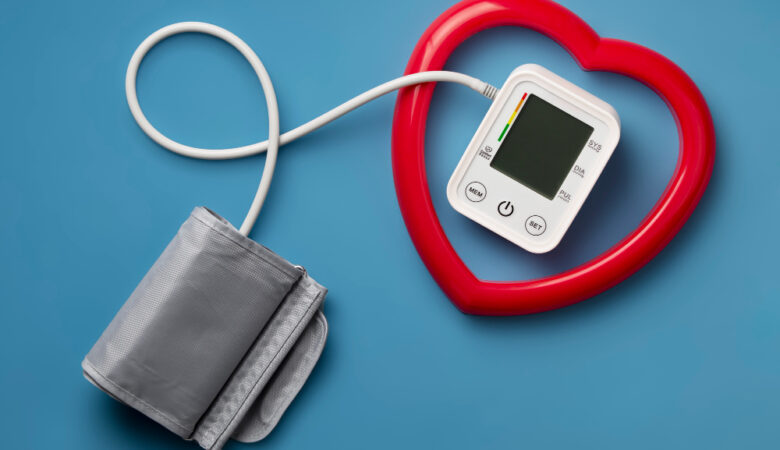You might be eating your way to a heart attack—and not even know it.
Heart disease is no longer just an “old people’s problem” in Nigeria. More and more young, seemingly healthy adults are being diagnosed with hypertension, strokes, and heart failure, and the biggest culprit might be sitting right in your kitchen.
From that rich, oil-laden stew or soups to the quick bowl of instant noodles after work, our beloved Nigerian dishes could be slowly sabotaging our hearts. But don’t worry—this post isn’t about fear-mongering. It’s about getting informed, making smart changes, and still enjoying the flavors you love.
Let’s uncover the hidden dangers—and what you can do today to protect your heart.
The Alarming Numbers
According to the World Health Organization (WHO), cardiovascular diseases account for 11% of all deaths in Nigeria, and the numbers are rising. Even more worrying:
1 in 3 Nigerian adults has high blood pressure—and many don’t even know it, according to the Nigerian Heart Foundation.
So what’s causing this silent epidemic?
Meet the Dietary Villains Wrecking Nigerian Hearts
1. Unhealthy Oil: The Double-Edged Sword
Let’s be honest—what is egusi soup without palm oil? But while palm oil gives our dishes their rich, beloved color and flavor, there’s a hidden cost.
- It contains vitamins A and E—great. But it’s also high in saturated fats, which raise LDL (“bad”) cholesterol, a major risk factor for heart disease.
A Journal of Clinical Lipidology study found that high palm oil intake significantly increases the risk of heart disease. And it gets worse: Many Nigerians reuse cooking oil for frying, which oxidizes the fat and makes it even more dangerous.
What to do:
∙ Cut back: Use 30–50% less oil in your cooking.
∙ Mix it up: Try healthier oils like olive or soybean oil for certain meals.
∙ Say no to reheating: Avoid reusing oil multiple times.
2. Salt: The Silent Blood Pressure Booster
Salt hides in everything—from seasoning cubes to canned tomatoes, instant noodles, and even bread. Most Nigerians consume 2–3 times the WHO’s recommended daily salt limit of 5g (just 1 teaspoon!)
A 2022 study in The Lancet revealed that 1 in 5 hypertension cases in Nigeria is linked to high salt intake.
How to reduce salt without losing flavor:
∙ Cook with natural flavor boosters like onions, garlic, ginger, and local herbs.
∙ Reduce gradually—your taste buds will adjust over time.
∙ Read labels: You’ll be surprised how much salt is in processed snacks, bread, and sauces.
3. Processed Foods: Convenience with a Deadly Price Tag
Life is busy, and instant meals like noodles, canned foods, sausages, and pastries seem like lifesavers. But they’re often packed with:
❌ Trans fats (which clog arteries)
❌ Refined sugars (linked to diabetes and obesity)
❌ Chemical preservatives (with long-term health risks)
A Nigerian Journal of Clinical Practice study found that regular consumption of processed foods increases heart disease risk by 42%!
Healthier swaps:
- Choose whole foods like beans, yam, fresh fish, and vegetables.
- Make your own snacks! Try homemade plantain chips, roasted groundnuts, or boiled corn.
- If you must buy packaged food, check for trans fats and sodium levels.
How to Protect Your Heart Without Giving Up Nigerian Food
Heart disease often has no symptoms—until it’s too late. You may feel fine today, but your diet could be silently harming you. The good news? You don’t have to abandon egusi, jollof, or suya.
Just make smarter choices and start small today:
- Swap seasoning cubes for fresh herbs
- Use half the oil you normally would
- Choose whole foods over packaged snacks
- Book a heart health check-up
Share This & Save a Life
Many Nigerians simply don’t know how dangerous their diets have become. Share this blog with friends and family—you could be helping someone avoid a stroke or heart attack.
Did you find this helpful or eye-opening?
- Share it.
- Save it.
- Start your heart-healthy journey now.
Your heart will thank you later. ❤️






Leave a Reply